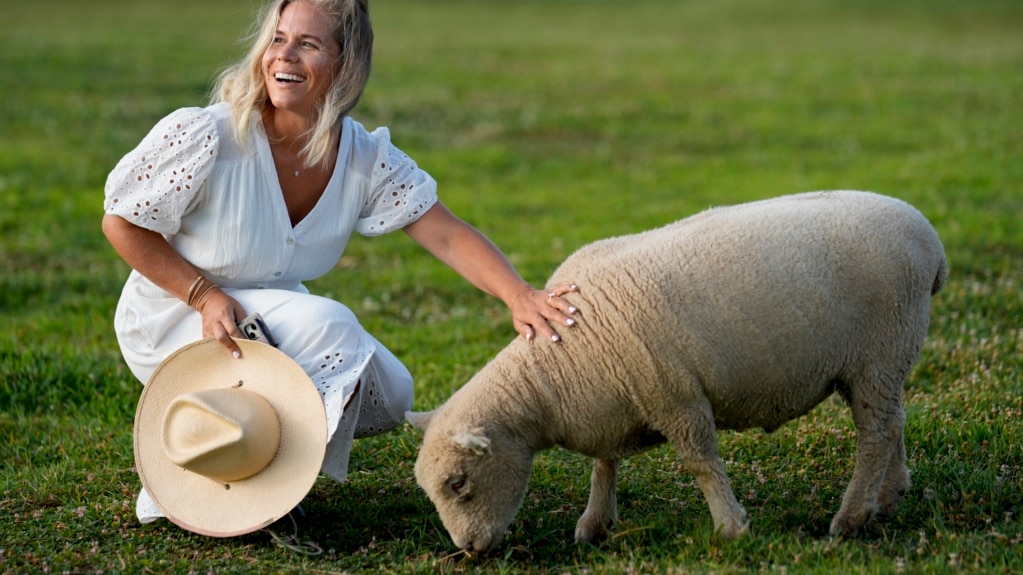Americans are showing more interest in owning unusually small cows, goats, donkeys and other small farm animals.
These animals are cute. They require less food and space. And they might even help cut the grass.
People who farm for fun are known as hobby farmers. They are looking for easy-to-raise farm animals. Some just like the idea of having a little pig or a small sheep as a pet.
The word for something that is unusually small is miniature.
Animal breeders say sales of these little farm animals have grown since the COVID-19 pandemic. At that time, more people started raising chickens at home for fun and fresh eggs. Like chickens, mini farm animals appeal to beginners who want to try a rural lifestyle.
Brian Gazda has a small farm in the western state of Idaho. He runs a YouTube channel called "Hobby Farm Guys" with two friends. Gazda said a lot of people do not have a large piece of land, but if they have a small area, “they can keep a miniature cow or a few miniature goats."
Martin Fysh works for Tractor Supply Company. He said social media has brought attention to mini farm animals. But Fysh thinks their popularity also shows a natural path among customers who started out by raising a few chickens.
"They're seen as part of the extended family," Fysh said.
Some owners of mini farm animals turn their hobbies into money-making activities. They show the animals to visitors, breed animals, and write about their farming experiences.
But newcomers to these activities need to weigh the pros and cons, or the good and bad effects, of hobby farming, Gazda and other hobby farmers said. Among the problems is the rising cost of miniature farm animals. While they are cute, they can also be aggressive.
Mini goats
Brittany Snow is a high school English teacher in Florida who owns several small-sized Nigerian dwarf goats. She dreamed of living on a farm. Her family recently moved to a rural area.
Thirty-two-year-old Snow started with four Nigerian Dwarf goats. Snow expected them to produce milk right away, but she learned that is not the case.
Angelia Alden is a business operations manager for the Miniature Dairy Goat Association. She said many people who buy mini goats sell them after a few years because their care presents problems and costs they did not expect. Rising animal feed costs can be one problem, as is finding farm animal medical care.
Mini cows and donkeys
The mini farm animals can also be heavy. Some of the popular miniature animals on social media are cows that can weigh between 220 and 270 kilograms.
Twenty-eight-year-old Allie Sine started her own business breeding and selling mini cows in 2020. Social media videos showing some of her mini cows have gotten millions of views. Last year, she sold about 190 young cows. Each animal sold for between $2,000 and $30,000. "Everything just skyrocketed," Sine said.
Mini donkeys
Kim Furches owns a farm with her husband, Ken, in West Jefferson, North Carolina. She has found similar success. Furches said they bred mini donkeys for about 20 years. Before the pandemic, they would usually sell about eight donkeys per year for less than a thousand dollars each. They now sell about 20 per year. The last mini donkey sold for $7,500, Furches said.
Sheep follow her around
Earlier this year, Jamie Campion, who is 41, and her husband, Jeff, bought two Southdown Babydoll sheep from a local breeder near their home in Thompson's Station, Tennessee. The animals cost $800 each.
Jamie Campion said the sheep have become good at keeping their grass short. But more often, the sheep give her joy as would other pets. Once she took them for a walk in the snow. "They just followed right behind," she said. "There's a whole sheep and shepherd relationship.”
I’m Jill Robbins.

